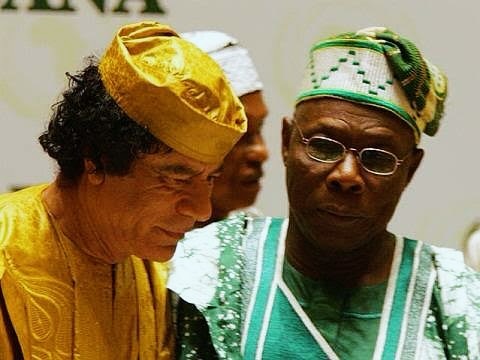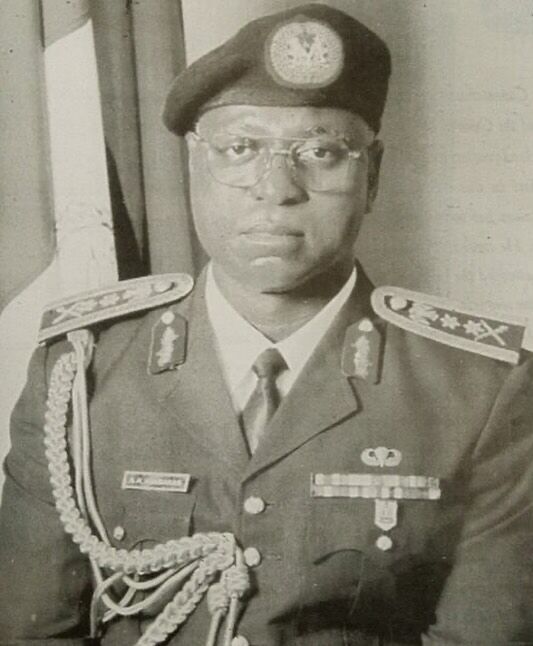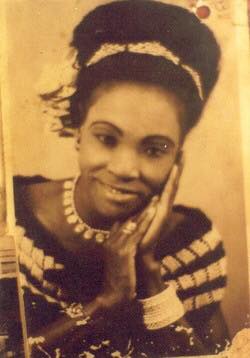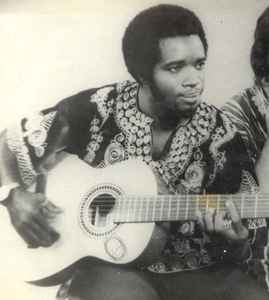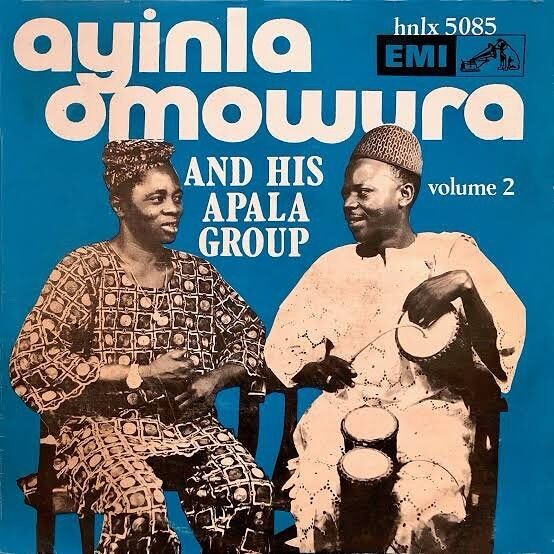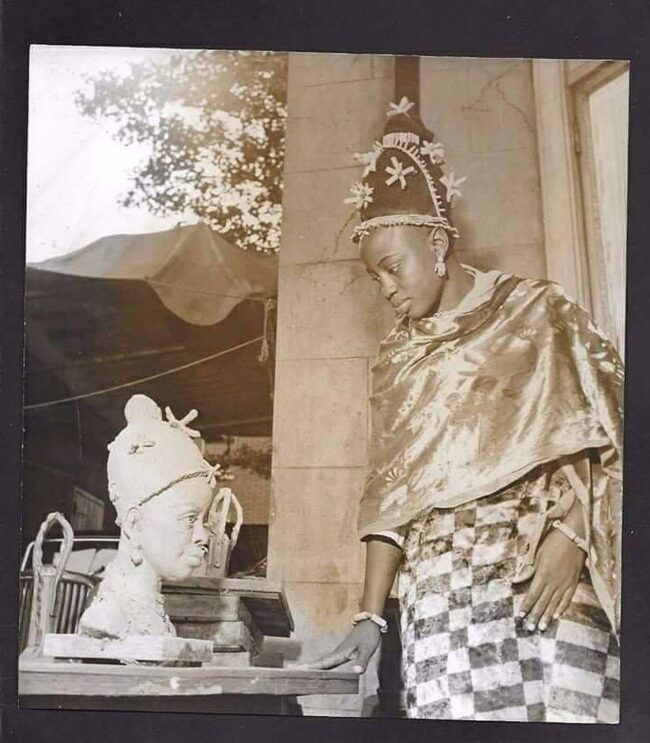Relationship Between Former President Olusegun Obasanjo and Former President Moamer Gadaffi
In Tripoli, President Moamer Gadaffi greets President Olusegun Obasanjo of Nigeria. The two presidents got together to talk about the Organization of African Unity’s planned extraordinary summit, which is set to take place in Tripoli in September 1999. Following is Senegalese politician Abdoulaye Wade, who served as Senegal’s third president in the early 2000s. Beginning in 1978, Wade ran for president four times before winning the office in 2000.He was defeated in 2012 in a contentious campaign for a third term, but he was re-elected in 2007 with a majority in the first round. In 1997, Muammar Gaddafi traveled to Nigeria, landing in Kano just before General Sani Abacha passed away. Gaddafi, who ruled Libya from 1969 to 2011, and Obasanjo, who led Nigeria as its military head of state from 1976 to 1979 before being elected president from 1999 to 2007, have long been respected by the military community.

